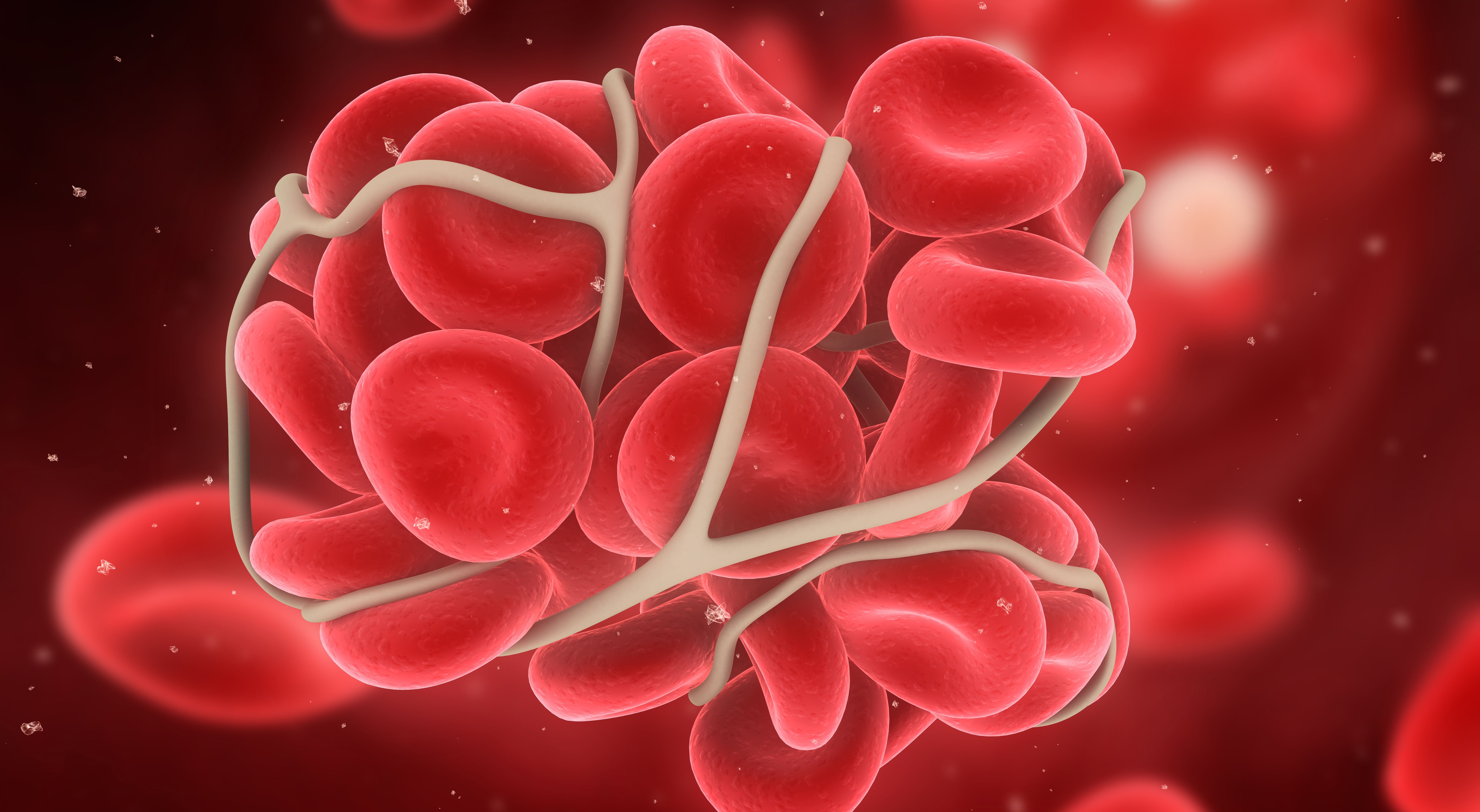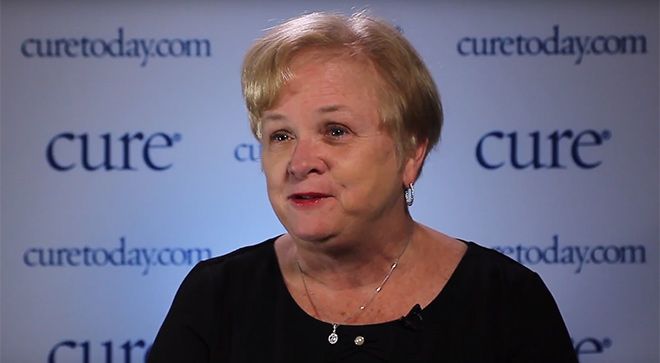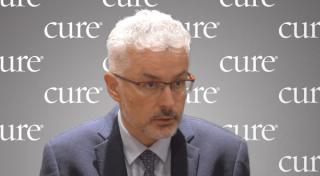
MPN
Latest News
Nutritional change may be a potential strategy to improve symptom burden and inflammation in patients with MPNs, whohave increased inflammatory cytokines, which contribute to symptoms such as fatigue, night sweats and bone pain, as well as low cholesterol and weight loss related to nutritional deficiencies.
Latest Videos

More News

Susan Leclair, Ph.D., CLS (NCA), retired lab professor at University of Massachusetts, Dartmouth, discusses how moderating an online forum for patients with myeloproliferative neoplasms (MPNs) has inspired her.

In the movie, Charlie Brown was asked what his New Year’s resolution was. With typical candor, he answered that instead of dreading the whole year he was dreading only one day at a time.

Mark Heaney, M.D., Ph.D., Herbert Irving Comprehensive Cancer Center, Columbia University Medical Center, discusses the pros and cons of patients with myeloproliferative neoplasms (MPNs) researching their diagnosis online.

Catriona Jamieson, M.D., Ph.D., Professor of Medicine, University of California, San Diego Health Moores Cancer Center, discusses what people diagnosed with myeloproliferative neoplasms (MPN) need to consider when choosing among providers and treatment options.

Gabriela Hobbs, M.D., discusses how to manage symptoms associated with a myeloproliferative neoplasm diagnosis.

Lindsey M. Lyle, M.S., offers advice to patients with newly diagnosed myeloproliferative neoplasms.
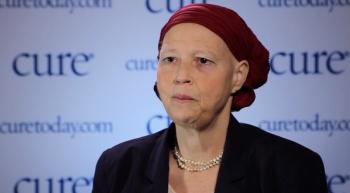
Barbara Abernathy, Ph.D., CEO of the Pediatric Oncology Support Team, explains how she is inspired by her work with children who have cancer.

Patients aged 75 years or older diagnosed with hematologic malignancies appear significantly underrepresented in clinical trials submitted to the U.S. Food and Drug Administration (FDA), according to a retrospective analysis.
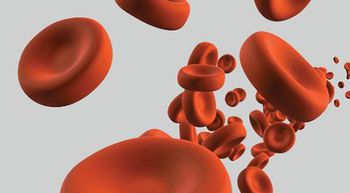
While recent advances in hematology are exciting, they open the door to more questions.

Prevyis (letermovir) was granted approval by the Food and Drug Administration (FDA) to prevent cytomegalovirus (CMV) infection in adult CMV-seropositive patients treated with an allogeneic hematopoietic stem cell transplant (HSCT). The result is based on a significant reduction in CMV infection rates in a phase 3 study.
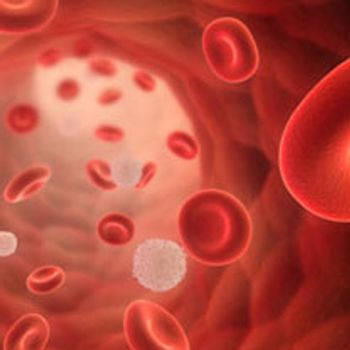
While the use of Jakafi (ruxolitinib) is firmly rooted in the treatment paradigm for patients with myelofibrosis, other novel agents, such as momelotinib and pacritinib are also gaining the interest of researchers in the field.

Older patients with acute myeloid leukemia (AML) often face a difficult choice: risky, intensive chemotherapy that offers a small chance of a cure versus non-intensive chemotherapy meant to improve physical comfort and quality of life.

Sometimes we can be regarded as being obsessed with cancer, but every single cancer survivor is more than that, and hold important roles in our lives to play.

In an interview with CURE, Ruben Mesa, M.D., director, UT Health San Antonio Cancer Center, shed light on these recent updates in PV and ET, and discussed the proper therapeutic management of these diseases.

For the past four decades, there have been few advances in the treatment field of acute myeloid leukemia (AML). However, in the year 2017, there have been four new drugs approved by the FDA to treat the disease, with even more promising agents in the pipeline.

Cancer survivors generally work very hard to be healthy after a diagnosis. This article gives permission to enjoy life and have a balanced attitude toward healthy living.

Venclexta (venetoclax), a BCL-2 inhibitor, had promising results in patients with relapsed or refractory chronic lymphocytic leukemia (CLL). According to an updated analysis of a clinical trial, the agent led to negative minimal residual disease (MRD) in 40 percent of patients involved.

How one cancer survivor attempts to cope with the reality of having chemo for the rest of her life.

An acute myeloid leukemia survivor shares her insight on raising 3 kids while fighting for her life.

Researchers are identifying targets to treat chronic lymphocytic leukemia.

Injured DNA can hide damaged blood cells in myelodysplastic syndrome (MDS).

The FDA has approved Mylotarg (gemtuzumab ozogamicin) for the treatment of adults with newly diagnosed CD33-positive acute myeloid leukemia (AML).

A novel agent is attacking a newly found target in patients with acute myeloid leukemia (AML).

Chemo fog, or chemo brain, is a very real phenomena that cancer survivors need to be knowledgeable about. This describes the journey of one survivor.

Bosulif (bosutinib) was granted a priority review to a supplemental new drug application (sNDA) by the Food and Drug Administration (FDA) for use in the first-line treatment of patients with Philadelphia chromosome-positive (Ph+) chronic myeloid leukemia (CML).

